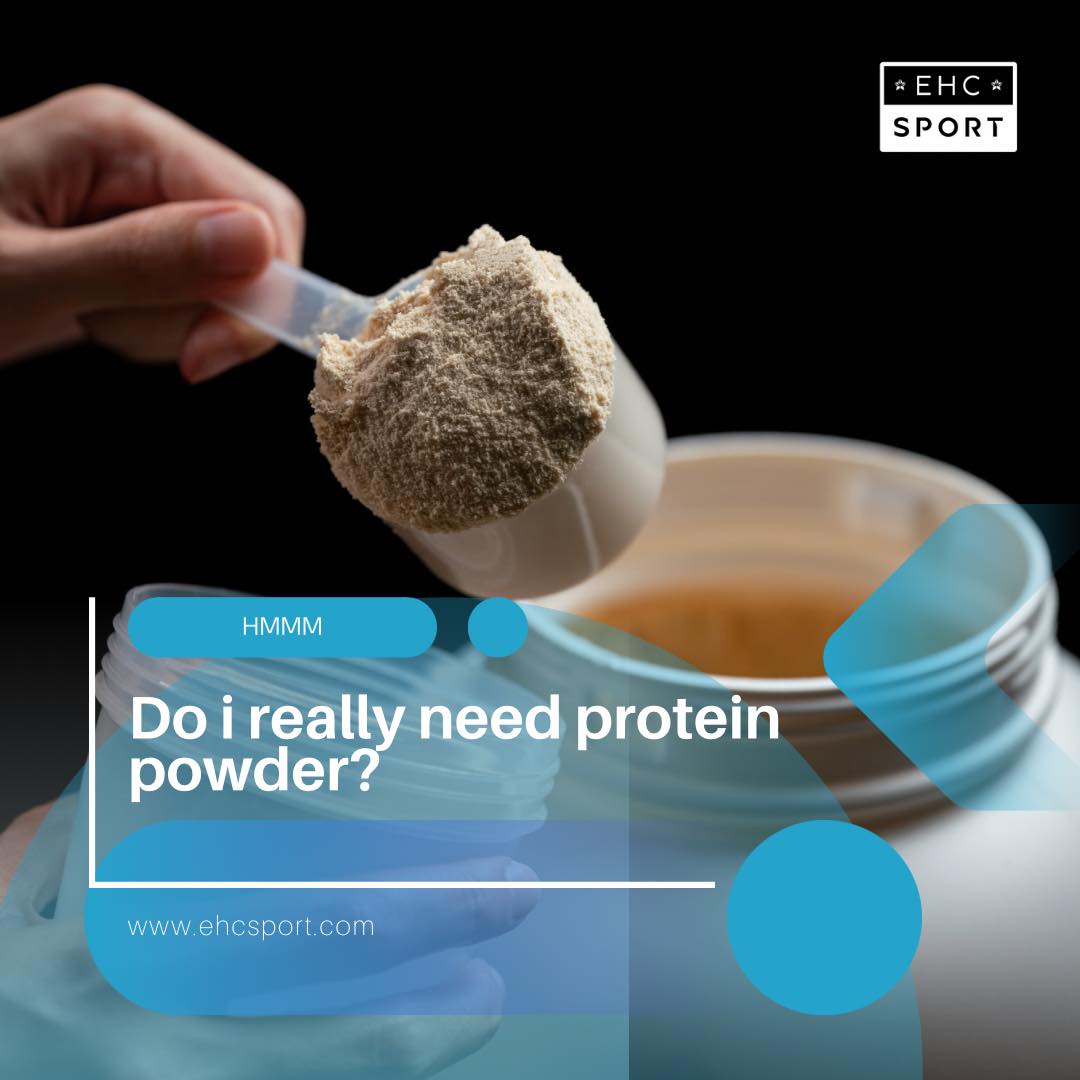Who Uses Protein Powders and Meal Replacements?
Protein powders, meal replacements, and nutrient-fortified shakes have emerged as some of the most popular health supplements in recent years.
One of the primary reasons for their widespread use is their convenience. These products are easy to prepare and consume—simply mix and go—making them ideal for today’s fast-paced lifestyle. Moreover, they come in a variety of palatable flavours, allowing users to enjoy their supplements while benefiting from the satiety they provide, as opposed to merely taking a pill.
Another significant factor contributing to their popularity is their versatility. Protein powders and meal replacements can be tailored to support a wide range of health and fitness goals, including:
-
Athletes, bodybuilders, and active individuals: These supplements offer a protein boost to support energy levels, stamina, performance, and recovery times.
-
Individuals focused on weight management: Those seeking to balance their blood sugar, support a healthy metabolism, and increase nutrient intake while minimising calories, sugar, and fat find these products beneficial.
-
People with food allergies or intolerances: For those with restricted diets due to dairy or gluten intolerances, protein powders can provide essential nutrients such as protein, calcium, vitamins, and minerals.
-
Vegans and vegetarians: Those on low-protein diets may find these supplements particularly useful in meeting their daily protein requirements.
-
Health-conscious individuals: Those looking to supplement their daily intake of quality nutrients, without adding excessive calories, sugar, or fat, often turn to these products.
Gym, Bodybuilding, and Other Sports
Protein shakes and meal replacement powders are staples among gym-goers, bodybuilders, and athletes, supporting muscle growth, definition, stamina, performance, and maintenance.
Protein is a critical nutrient, comprising approximately 40% of the human body (excluding water). It serves as the building block for hair, nails, skin, bones, and, crucially, muscles. Without adequate protein, the body cannot function optimally. This is particularly true for individuals who regularly place significant physical demands on their bodies, such as athletes and bodybuilders.
For these individuals, protein is essential for maintaining and increasing muscle and bone mass, repairing tissues and cells, bolstering the immune system, and preventing fatigue. Protein also serves as a key energy source, particularly on low-carbohydrate diets favoured by many bodybuilders for fat loss and muscle definition.
Given the constant turnover of protein in the body due to metabolism and exercise, active individuals are advised to increase their daily protein intake from the general recommendation of 0.8g per kilogram of body weight (g/kgBM) to between 1 and 2g/kgBM, depending on their muscle mass goals.
In addition to protein, a regular intake of a broad spectrum of nutrients is vital for any athlete or active person. This includes:
-
Quality carbohydrates and dietary fibre: To stabilise blood sugar levels, enhance performance, and prevent muscle breakdown.
-
Antioxidants: To protect the body from free radicals produced during exercise.
-
Omega oils, vitamins, and minerals: To support bone health, joint flexibility, ligament integrity, immunity, digestion, and heart health.
High-quality protein powders and meal replacements fortified with additional nutrients (such as antioxidants and phytochemicals) are uniquely suited to offer this comprehensive support.
Vegans, Vegetarians, and Raw Foodists
For those following plant-based diets, ensuring a regular intake of nutrients traditionally sourced from animal products can be challenging. This includes not only protein but also calcium, vitamin B12, and other essential nutrients.
While a plant-based diet can be nutritionally complete, it often requires careful planning to ensure adequate intake of all necessary nutrients. Protein, being fundamental to nearly every bodily process, must be consumed daily from high-quality sources.
Nutritional guidelines generally recommend that 10-15% of a person’s total caloric intake should come from protein. For vegans, vegetarians, and raw foodists, nutrient-fortified, plant-based protein powders (such as those derived from wheatgrass, hemp, or peas) can play a vital role in maintaining a balanced diet. Provided they are of high quality, these supplements can serve as a reliable and convenient source of essential nutrients, complementing a healthy vegetarian, vegan, or raw food diet.
Weight Management
In recent years, those focused on weight management have adopted strategies from athletes, such as increasing protein intake to burn fat while maintaining muscle tone.
While individuals aiming to lose weight should not take their diets to the extremes that athletes might, studies have shown that combining increased protein intake with exercise can support healthy weight loss. This approach can help enhance fat loss, improve muscle tone, regulate blood fat levels, and support a healthy metabolism.
Protein aids in muscle repair and growth, which in turn can increase daily calorie expenditure. Higher-protein diets may also help individuals better control their appetite, manage calorie intake, and regulate blood sugar levels, reducing cravings.
Weight management can be a challenging process, especially when it involves limited food choices and significant calorie reduction, which can lead to nutrient deficiencies and, sometimes, even weight gain. For those looking to reduce calorie, fat, and sugar intake while ensuring they receive sufficient vitamins, minerals, and nutrients, quality protein powders, meal replacements, and daily shakes can be invaluable—particularly during the early stages of weight loss when hunger and cravings are most intense.
Other Restricted Diets
Individuals with food allergies, intolerances, or sensitivities (e.g., to gluten or dairy) face challenges similar to those of vegetarians, vegans, and slimmers. It can be difficult to find foods that meet their nutritional needs and lifestyle requirements.
Limited food choices can lead to a lack of variety in the diet, potentially compromising overall nutritional status. It is crucial to address this challenge through appropriate supplementation.
High-quality protein shakes, meal replacements, and daily powders that are free from dairy, wheat, gluten, and sugar—and devoid of artificial ingredients—yet fortified with essential nutrients, can provide a convenient way to supplement a restricted diet with healthy calories, vitamins, and minerals.
Conclusion
Integrating a protein powder or meal replacement into your daily diet is straightforward—not to replace meals but to supplement and support a balanced diet. Ultimately, a diet rich in all major food groups, including fresh and seasonal produce, is the best way to achieve most health goals. However, we can all benefit from a little extra help from time to time.


Share:
Unveiling the Truth: What's Really in Your Food?
How Probiotics Support Gut Health and Longevity